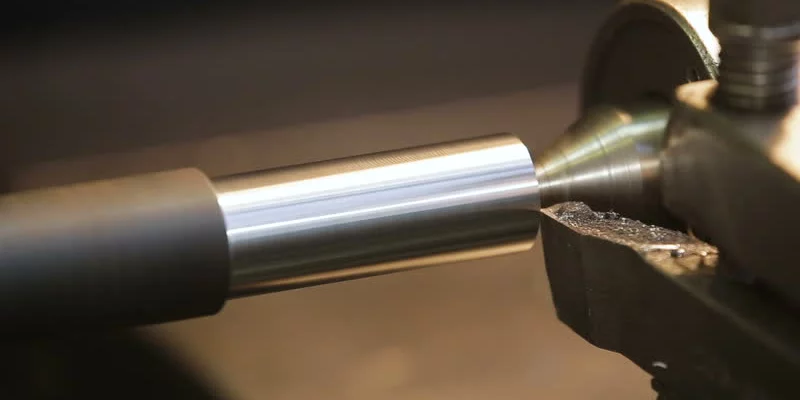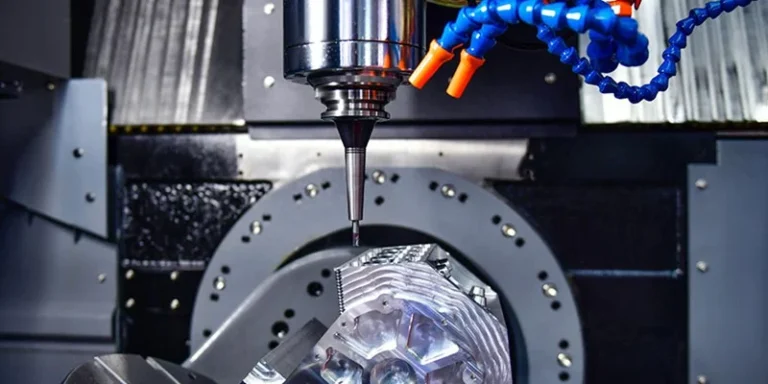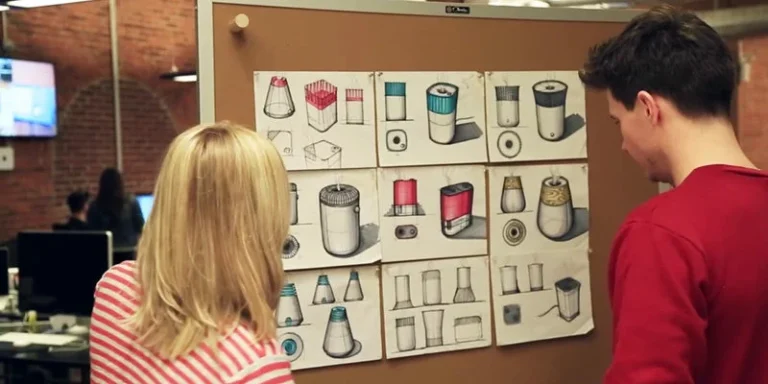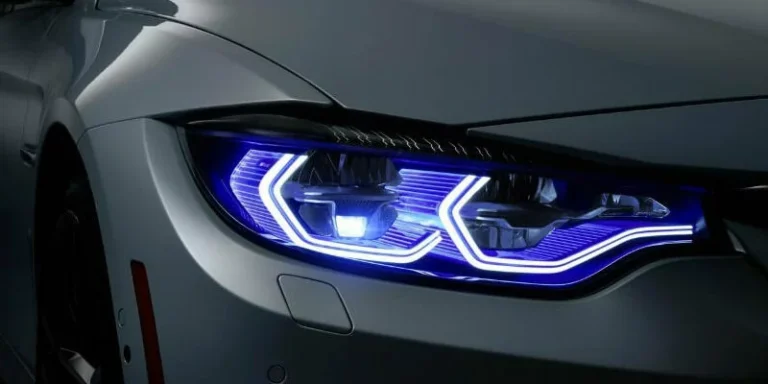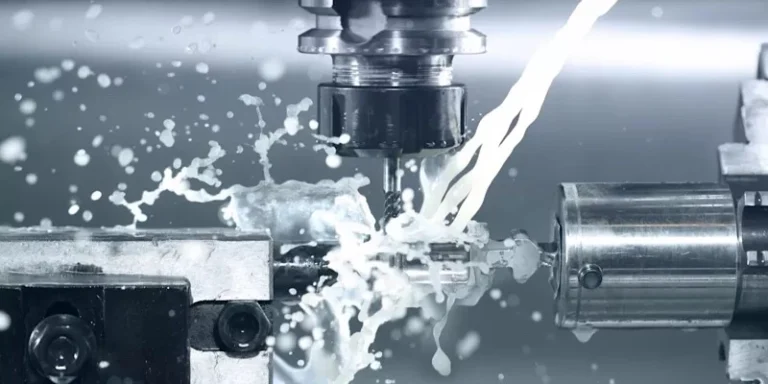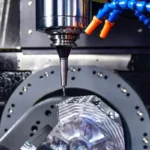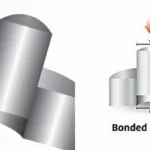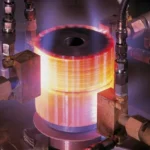Before delving into the specifics, it’s essential to define precision turning. Precision turning is a machining process that involves removing excess material from a workpiece to achieve specific dimensions and shapes. This process is crucial for ensuring that parts fit accurately in their intended applications. Essentially, precision turning focuses on cutting away material to create the desired form and size.
Precision Machining Processes Before the Invention of CNC
Before the advent of CNC machines, precision in machining was achieved through various manual processes such as tapering, turning, cutting, and drilling. Workers utilized conventional tools like blades, saws, and hammers to attain high accuracy. However, these methods required significant labor and time. As technology progressed, machining techniques evolved, enhancing precision levels. Today, precision machining can be performed on a wide range of materials, including wood, metal, and plastic.
Advantages of Precision CNC Machining
CNC (Computer Numerical Control) represents a significant advancement in precision machining, enabling multiple high-precision processes, including precision turning. This technology utilizes a small numerical computer programmed to execute tasks based on specific requirements. While a skilled technician is needed to operate the machine safely and efficiently, CNC machining has numerous advantages over conventional methods. Here are some key benefits:
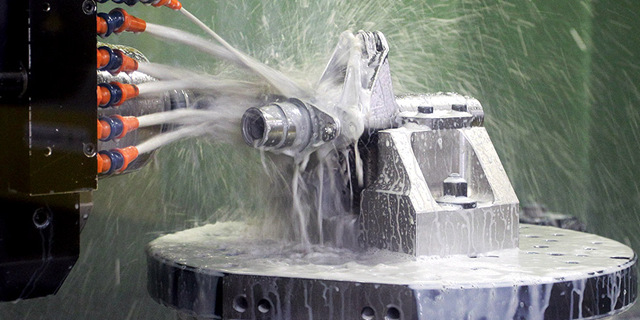
- High Precision and Accuracy: CNC machines can achieve tight tolerances and consistent quality, minimizing human error.
- Increased Efficiency: CNC machining can operate continuously, significantly reducing production time compared to manual processes.
- Complex Geometries: CNC technology can create intricate shapes and designs that would be challenging or impossible with traditional machining.
- Automation: Once programmed, CNC machines can run autonomously, freeing up operators for other tasks and reducing labor costs.
- Flexibility: CNC machines can be easily reprogrammed for different tasks, allowing for quick adjustments to production needs.
- Reduced Waste: CNC machining optimizes material usage, leading to less scrap and lower material costs.
- Improved Safety: Automation reduces the need for manual handling of tools and materials, enhancing workplace safety.
- Consistent Reproduction: CNC machines can produce identical parts with high repeatability, ensuring uniformity across large production runs.
These advantages make CNC machining a preferred choice in many industries, including automotive, aerospace, and manufacturing.
High Precision Turning with CNC
CNC turning is a manufacturing process that utilizes a lathe to produce intricately turned parts. This advanced technique combines traditional lathe operations with computer control, allowing for the precise management of motor speed, cutting tool movement, and overall process accuracy, significantly reducing the risk of errors.
Modern CNC turning lathes, equipped with advanced components, can create highly detailed features with minimal tolerances. The entire machining process is governed by a computer program that meticulously monitors each step, ensuring consistent quality and precision in the finished product.
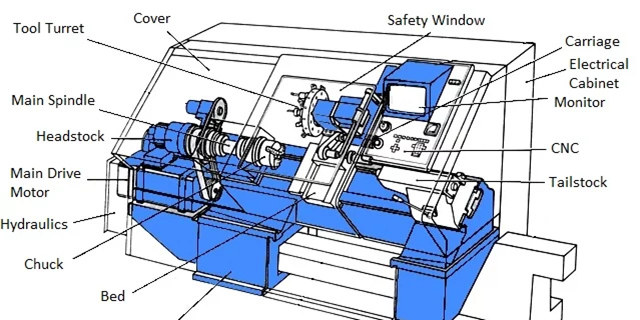
Difference Between CNC Turning and CNC Milling
CNC milling and CNC turning are both processes that enable the creation of high-precision custom machined parts with intricate details. However, they differ in their methods and applications.
CNC Milling involves setting up a program on the computer, which controls a rotating spindle that moves along various axes. This spindle cuts away excess material to shape the part, allowing for precise and sharp cuts. The process is versatile, capable of producing complex geometries and features on the workpiece.
CNC Turning, on the other hand, uses a single-point cutting tool mounted parallel to the workpiece. As the workpiece rotates at high speeds, the tool removes material to create cylindrical shapes. This method is particularly effective for producing round or cylindrical parts but does not typically create hollow shapes from larger materials. CNC turning is fully automated, with adjustable speeds for enhanced accuracy, eliminating the need for manual shaping.
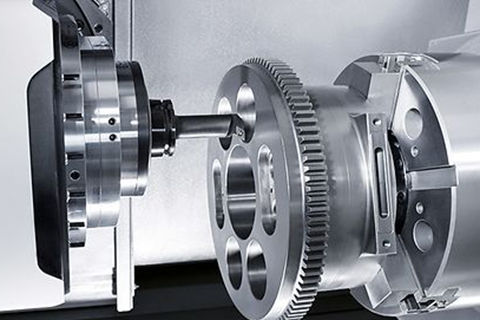
Parts That Require High Precision Turning
CNC turning is essential for producing parts that demand high precision, particularly in various industries. While CNC milling and turning are distinct processes yielding different results, CNC turning is especially suitable for specific applications.
Key Industries and Applications:
- Automotive Industry: Components such as shafts, bushings, and fittings require precise dimensions for optimal performance.
- Biomedical Industry: Customized parts like implants and surgical instruments must meet stringent tolerances for safety and efficacy.
- Aerospace Industry: Critical components such as turbine blades and landing gear require high precision to ensure reliability and safety.
- Instrumentation: Parts used in measuring and control devices need exact specifications for accurate readings.
- Robotics: Precision components are essential for functionality and movement accuracy in robotic systems.
When deciding between CNC milling and turning, consider the specific requirements of the part. For prototypes and components over 0.25D, CNC turning is often the preferred method. Consulting with an expert can help determine the most suitable manufacturing process for your needs.
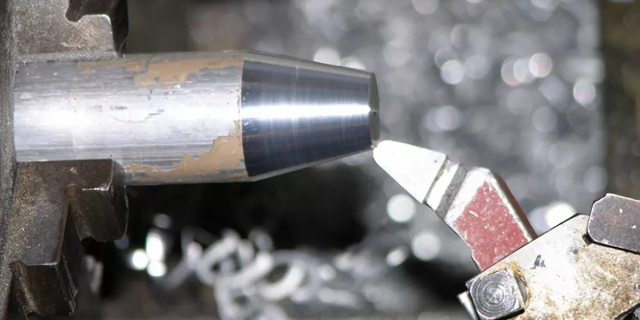
Ultra Precision Machining: A New Innovation
Ultra-precision machining represents a significant advancement in precision machining, enabling extremely precise operations at the micro level. Originally developed for machining metal optics with minimal tolerances, ultra-precision CNC machines have evolved dramatically.
Recent innovations in diamond cutting tools, machining processes, and workpiece materials have enhanced flexibility and capability in this field. These advancements allow for the production of components with exceptional accuracy, making ultra-precision machining invaluable across various high-tech industries.
Summary
At AS Prototypes, we specialize in advanced machining techniques, including CNC turning, CNC milling, and ultra-precision machining. Our expertise in CNC turning allows us to produce high-precision components for various industries, such as automotive, biomedical, and aerospace. We understand the importance of selecting the right process for each part, whether it’s CNC milling for complex geometries or CNC turning for cylindrical components.
Our commitment to innovation is evident in our adoption of finish hard turning, a reliable alternative to conventional grinding. This method not only offers cost savings and high production rates but also ensures low tolerances and flexibility in manufacturing. Additionally, our focus on environmentally friendly practices makes us a responsible choice for your machining needs.
At AS Prototypes, we are dedicated to delivering precision and quality in every project, ensuring that our clients receive the best solutions tailored to their requirements.

